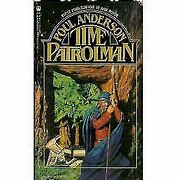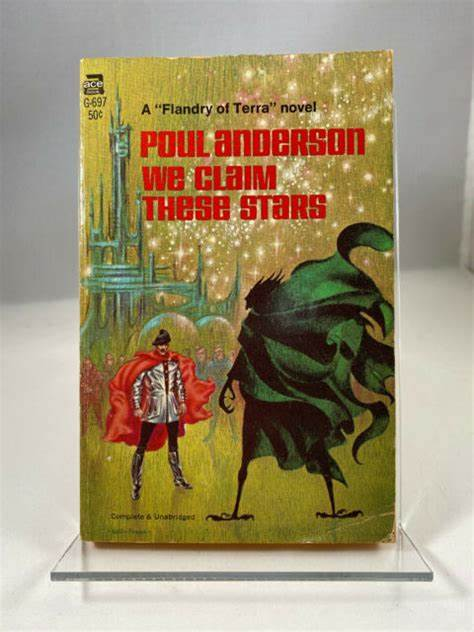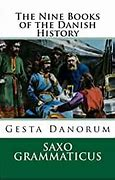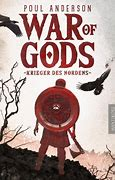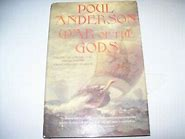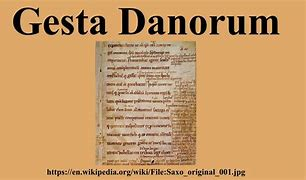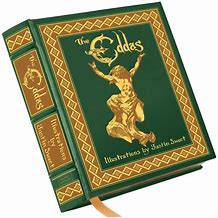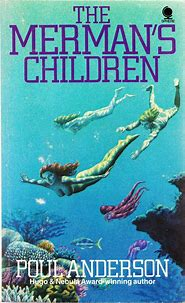Everard's investigations of Bolivar's evil advisor establish that:
"This obscurely originating Blasco Lopez had to be from the future." (p. 275)
A Patrol raid on Lopez's house in Bogota collars his associate but he himself escapes on horseback into the mountains. Everard must pursue alone, also on horseback, because:
"'...we couldn't go after him on time hoppers. The search could too damn easily become too damn noticeable. Who knew what effect that might have? The conspirators had already made the time stream unstable....'" (p. 276)
How can a "time stream" be made "unstable"? The conspirators had come close to diverting history and this somehow increases the possibility that a further small change will have a big effect? There is always something just out of reach in the Time Patrol series.
(Tomorrow will be busy with a May Day March and Rally followed by a social event in the Gregson Centre, then a family evening outing to a decorated scarecrow festival in an outlying village so this might be the last post for this month.)

